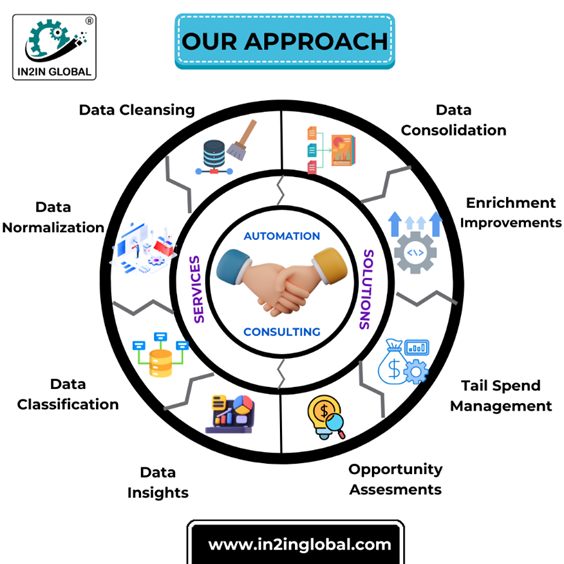"Unlocking Success: How Data Analytics help Business Growth"
Introduction
In the digital age, data has become the new gold. Businesses across the globe are leveraging data analytics to gain insights, drive innovation, and maintain a competitive edge. Here's how data analytics helps businesses thrive.
1. **Enhanced Decision Making**
One of the most significant benefits of data analytics is its ability to enhance decision-making processes. By analyzing historical data and identifying trends, businesses can make informed decisions that are backed by solid evidence rather than intuition. For example, a retail company can analyze past sales data to forecast future demand and optimize inventory management.
2. **Improved Customer Understanding**
Understanding customer behavior and preferences is crucial for any business. Data analytics allows companies to dive deep into customer data, identifying patterns and preferences that can be used to tailor products, services, and marketing strategies. For instance, by analyzing purchase history and online behavior, businesses can create personalized marketing campaigns that resonate with individual customers, leading to higher engagement and loyalty.
3. **Operational Efficiency**
Data analytics helps businesses Data analytics helps businesses streamline their operations and improve efficiency. By analyzing operational data, companies can identify bottlenecks, reduce waste, and optimize processes. For example, in manufacturing, data analytics can be used to monitor equipment performance and predict maintenance needs, reducing downtime and increasing productivity.
4. **Risk Management**
In an increasingly complex business environment, managing risks effectively is paramount. Data analytics enables businesses to identify potential risks and take proactive measures to mitigate them. Financial institutions, for example, use data analytics to detect fraudulent activities by analyzing transaction patterns and flagging suspicious behavior.
5. **Market and Competitive Analysis**
Staying ahead of the competition requires a deep understanding of market trends and competitor strategies. Data analytics provides businesses with valuable insights into market conditions, customer preferences, and competitor activities. By leveraging these insights, companies can develop strategies that capitalize on market opportunities and address competitive threats.
6. **Enhanced Product Development**
Developing products that meet customer needs and expectations is essential for success. Data analytics plays a critical role in product development by providing insights into customer preferences and feedback. By analyzing data from various sources, including social media, surveys, and sales figures, businesses can identify gaps in the market and develop products that address these needs.
7. **Cost Reduction**
Data analytics can also help businesses reduce costs and improve profitability. By identifying inefficiencies and areas of waste, companies can implement cost-saving measures that boost the bottom line. For instance, in supply chain management, data analytics can optimize logistics, reduce transportation costs, and minimize inventory holding costs.
8. **Customer Service Improvement**
Providing exceptional customer service is key to retaining customers and building a strong brand reputation. Data analytics enables businesses to enhance customer service by analyzing customer interactions and feedback. This allows companies to identify common issues and pain points, leading to the development of solutions that improve the overall customer experience.
9. **Innovation and Business Growth**Innovation is the driving force behind business growth. Data analytics fosters innovation by uncovering new opportunities and enabling businesses to experiment with new ideas. For example, companies can use data analytics to identify emerging trends and consumer demands, allowing them to develop innovative products and services that cater to these needs.
10. **Employee Productivity**
Data analytics is not limited to customer and market insights; it also plays a role in enhancing employee productivity. By analyzing workforce data, businesses can identify factors that influence employee performance and satisfaction. This information can be used to implement policies and practices that improve employee engagement, reduce turnover, and boost productivity.
Conclusion
In conclusion, data analyticdata analytics is a powerful tool that can transform businesses in numerous ways. From enhancing decision-making and improving customer understanding to driving innovation and reducing costs, the benefits of data analytics are vast and far-reaching. As technology continues to evolve, businesses that harness the power of data analytics will be better positioned to thrive in an increasingly competitive landscape.
By adopting data-driven strategies, companies can unlock new opportunities, mitigate risks, and achieve sustainable growth. The future belongs to those who can effectively leverage the wealth of data at their disposal.




Comments
Post a Comment